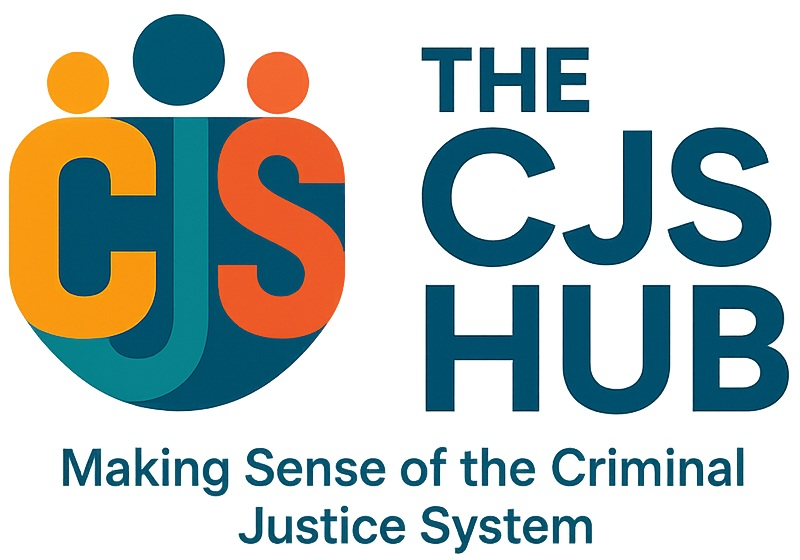Legal Aid vs Private Solicitors: Pros, Cons & Pitfalls
Legal Aid: What You Need to Know
What it covers: Legal aid in criminal cases is intended to ensure that people who can’t afford representation still have access to legal advice and defence—crucial under Article 6 of the ECHR, which guarantees a fair trial.
It’s administered by the Legal Aid Agency (LAA), and can cover work by both solicitors and barristers.
Qualification is based on two tests:
- Interests of Justice (IoJ) — ensures legal aid is available if your case could result in a custodial sentence, is serious, or other factors that mean fair representation is needed.
- Means Test — based on your income, capital, and household circumstances. The figures differ depending on whether it’s Magistrates’ Court or Crown Court.
Quick thresholds:
- Magistrates’ Court: Your gross income must usually be under £22,325. If your disposable income (after allowable deductions) is under £3,398, you qualify. Above that, you may have to pay for your defence yourself, unless you pass a hardship review.
- Crown Court: Broadly, if your disposable annual income is under £37,500, you remain eligible. If it’s very low, you won’t have to contribute at all.
Passporting benefits: You automatically get legal aid if you’re under 18 or on certain benefits like Universal Credit, Income Support, JSA, ESA, or Pension Guarantee Credit.
Pros of Legal Aid:
- Low or no cost for those eligible.
- Access to trained and accredited solicitors and counsel.
- Formal funding structure and standards in place.
Cons:
- Strict eligibility— some are excluded due to financial cut-offs especially in the magistrates court.
- The means test hasn’t kept pace with inflation, cutting more people off.
- Fewer legal aid providers in some areas, and low fees can drive lawyers away from taking cases.
Private Solicitors: What to Consider
Pros of hiring privately:
- More solicitor choice and flexibility.
- Often more time and tailored attention, especially for complex cases.
Cons to watch out for:
- Cost can be very high—some private criminal defence can cost thousands.
- Without proper checks, poor service or overcharging is possible. There was the Glanville Davies case, where a solicitor was fined thousands for inflated fees and misconduct.
How Legal Aid Actually Works — In Practice
- The LAA processes most criminal legal aid applications within 2 days.
- During the application, your income, savings, savings from benefits, you and your partner’s situation, plus any children or dependents, are factored in.
- If you don’t qualify, you can request a hardship review—they may reconsider based on essential expenses or costs of the case.
- Certain areas, like advice at the police station or child protection cases, may be non-means tested—meaning legal aid is available regardless of income.
Spotting a Poor or Ineffective Solicitor
Your solicitor should help you feel informed, stretched if needed, and confident. But poor representation can mean actual consequences—even wrongful convictions.
Signs of inadequate representation:
- Poor preparation or missing key witnesses (e.g., a solicitor failing to instruct a crucial alibi witness led to a CCRC referral and overturned conviction).
- Late notice to counsel, insufficient pre-trial work, or failure to review police evidence properly.
- If a solicitor ignores core issues or doesn’t explain your options.
Legally, to overturn a conviction, you must prove:
- The performance was deficient (seriously below standard), and
- This directly caused a miscarriage of justice.
It’s rare for poor representation alone to succeed as a ground for appeal unless it fundamentally undermined the trial’s fairness
If you need some help identifying solicitors that can help then contact us below.
